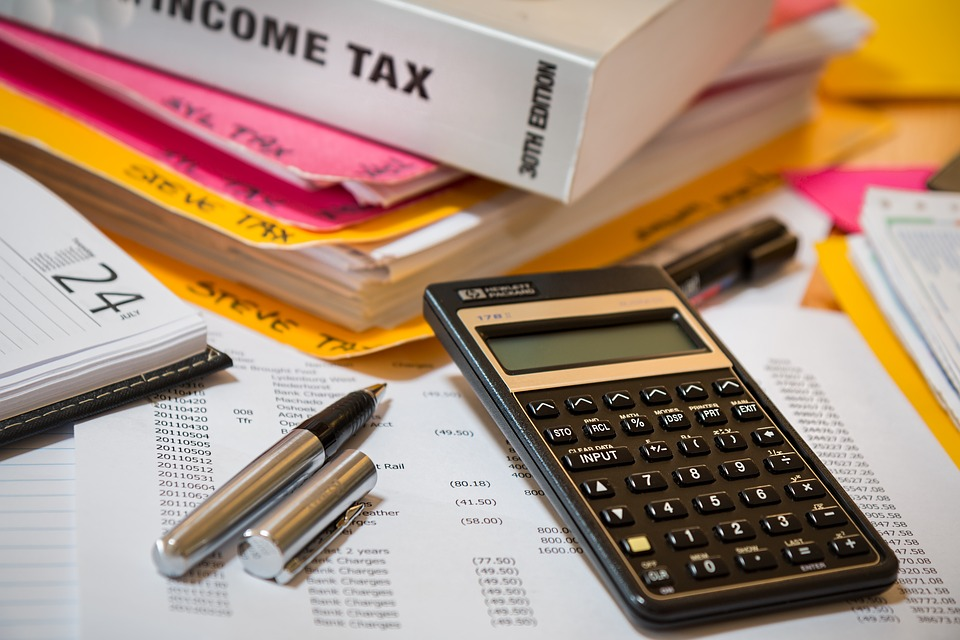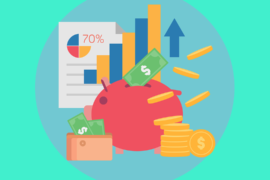Last Updated on Feb 23, 2024 by James W
Did you know that around 26 million Americans are “credit invisible?” This means that approximately 10% of adults don’t have a credit record!
You might think that this subject shouldn’t concern you since you have all your finances in order and you haven’t hit a roadblock yet. But do you even know what a credit score is and what it can do for you? And if you don’t have a credit score (or if it’s poor), what can you do to improve it?
Read on to find out more!
What Is a Credit Score?
A credit score is probably one of the most important things in your financial life. It’s basically a 3-digit number that shows how responsible you are with money. The higher your score, the more it shows that you’re trustworthy.
Your credit score will depend on several factors. They include the length of your credit history, how often you apply for new credit, your credit mix, how often you make payments on time, and the amount of money you owe in relation to your credit limits.
While we talk about your credit score as if it’s just one number, the reality is, you can have several credit scores. The main ones are FICO and VantageScore. Also, there are 3 credit bureaus you get your scores from: Experian, Equifax, and TransUnion.
In general, you should know that the majority (about 90%) of scores come from FICO rather than VantageScore.
What’s Considered a Good Credit Score?
Both FICO and VantageScore use a rubric that spans from 300 to 850 points. As we’ve said above, the higher your score, the better it is.
Here’s a small breakdown of what the ranges of scores mean. First up is FICO:
- 300 to 579: poor credit
- 580 to 669: fair credit
- 670 to 739: good credit
- 740 to 799: very good credit
- 800 to 850: exceptional credit
VantageScore has a slightly different rubric:
- 300 to 499: very poor credit
- 500 to 600: poor credit
- 601 to 660: fair credit
- 661 to 780: good credit
- 781 to 850: excellent credit
FICO and VantageScore each put emphasis on different factors. For example, VantageScore weighs your credit age and utilization more heavily than FICO does.
If you’d like to check your credit score, you can always request a free copy from Experian every 30 days. LendingTree also offers free VantageScore credit score checks.
What Can You Do With a Good Credit Score?
Now that you know what a good credit score is, what exactly can you do with it?
One of the most important things you can do with a good credit score is apply and get approved for loans and credit cards. The higher your score, the more you can borrow (or the higher your credit limit). Also, higher credit scores come with the benefit of lower interest rates.
A good credit score also shows that you’re financially responsible, which can come in handy in many situations. For example, you can show a potential landlord your credit score to prove that you can pay rent on time reliably.
Other benefits include:
- Better car insurance rates
- No security deposits for cell phone contracts
- No security deposits for utilities
- More negotiating power for a better rate on new loans and/or credit cards
As you can see, a good credit score can make life a lot easier when you want to do things like rent an apartment, insure a car, buy a house, or make another huge milestone happen.
How Can You Improve Your Credit Score?
After reading the above, you’re probably wondering what you can do to improve your credit. That way, you can reap the benefits, such as improved chances for loan approvals, lower interest rates, and higher loan amounts.
Below are some methods you can use to raise your credit score.
Pay Your Bills on Time
This might take some time, but once you start paying your bills on time regularly, you’ll see your credit score improve. Make sure you stay on top of this because even 1 late/missed payment will cause your score to drop again.
Pay off Whatever Debt You Can
The lower your debt to utilization ratio is, the better your score will be. So if you have some extra money saved up, consider using at least some of it to pay off some of your debt.
In general, you’ll want to keep your balances low to maintain a good credit score.
Check Your Credit Report
Sometimes, errors appear on your credit report. Or worse yet, you might be the victim of identity theft.
Either way, you’ll want to check your credit report for any errors so you can get them removed. Once they are, your credit score should improve almost instantaneously.
Work With a Credit Repair Company
Let’s say you feel overwhelmed or like you don’t have enough time and/or knowledge to improve your credit score on your own. In that case, a credit repair company can help.
These experts will pinpoint problem areas and help you raise your credit score quickly so you don’t have to put your life on hold. While you do have to pay them a fee, this is worth it when you see your score dramatically rise!
If you’re looking for more information on credit management agencies, this site has what you need.
Use Your Credit Score to Achieve Life Milestones
Now that you know what a credit score is, it’s best to get started right away on either maintaining a good score or improving it.
Even if you have poor credit or none at all, not all hope is lost. So long as you’re financially responsible and put in the work to raise your credit score, it’ll happen eventually. And when it does, life will be so much easier when you can have more financial opportunities!
If you want to find out more about improving your credit, then check out the rest of our blog page now!




